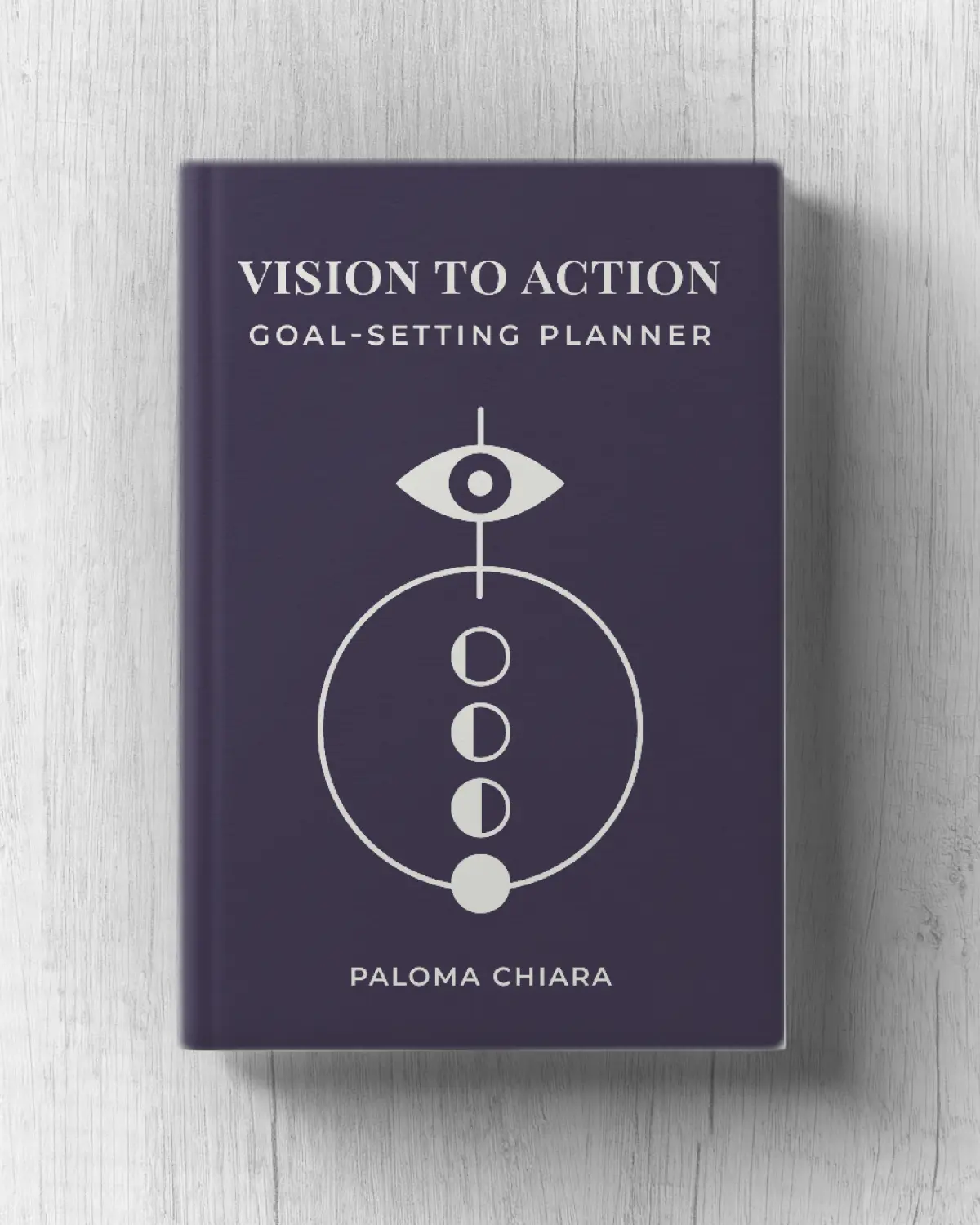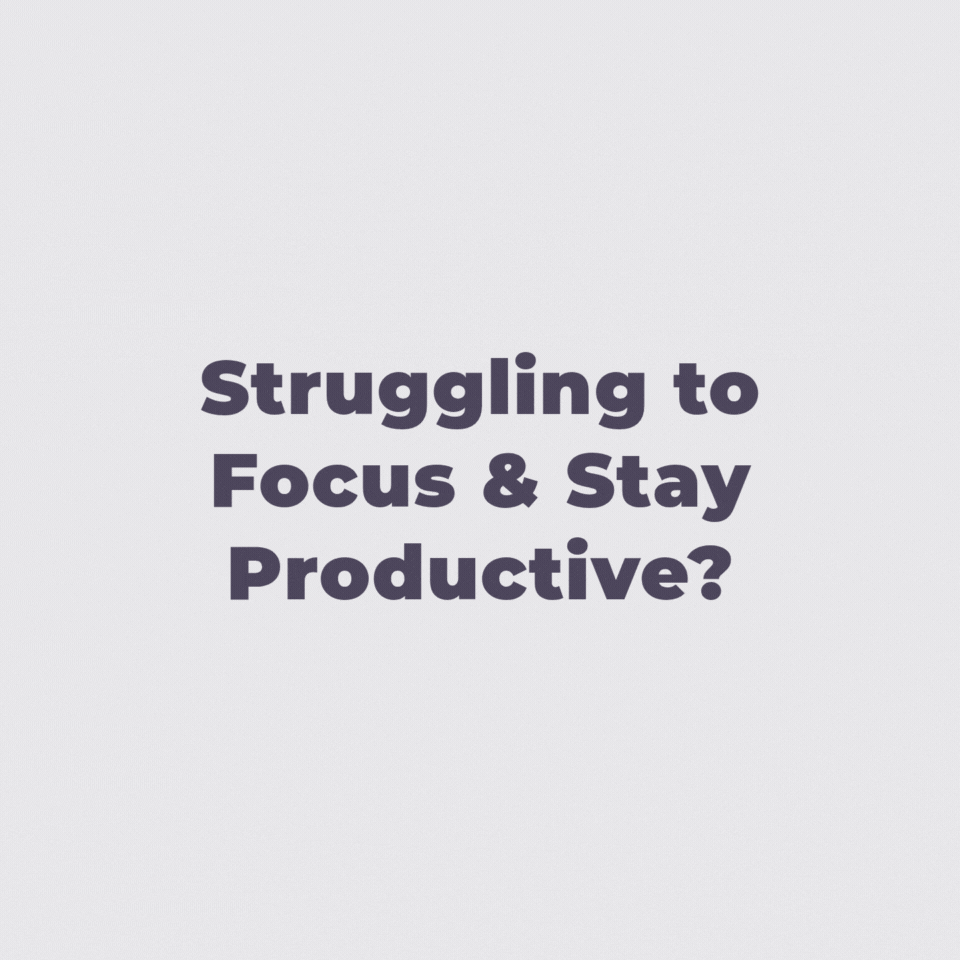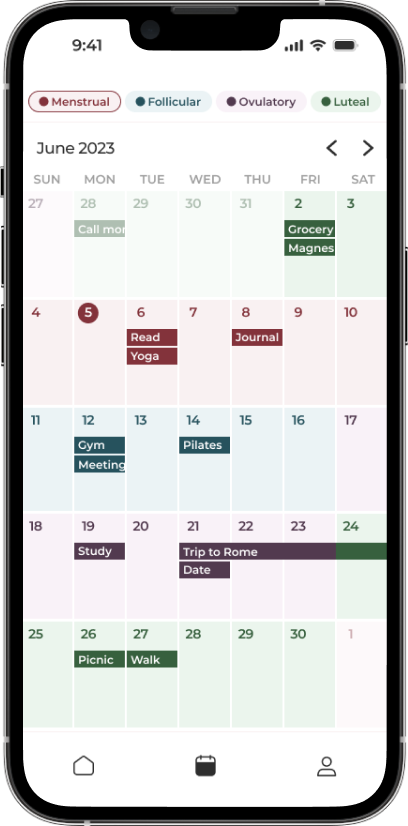How Long Does Life Coaching Last?

Life can be a complex journey filled with ups and downs, and at times, you may find yourself facing challenges or uncertainties that seem insurmountable. In such moments, the guidance and support of a life coach can be a valuable resource. This article explores various instances and scenarios where seeking the assistance of a life coach can make a significant difference in your personal and professional growth.
The Collaborative Nature of Life Coaching
Life coaching is a partnership between the coach and the client, where both parties work together to define and achieve the client’s goals. This collaborative approach extends to determining the length of the coaching relationship. While there is no fixed timeframe for life coaching, several factors influence the decision on how long it should last.
Factors That Influence the Duration of Life Coaching
1. Nature of the Goals
The complexity and scope of the goals the client wants to achieve play a significant role in determining the coaching duration. Some goals may be relatively straightforward and require only a few sessions to accomplish, while others may be more extensive and require ongoing support over an extended period.
Example: If a client’s goal is to improve their time management skills and establish a daily routine, they might benefit from a shorter coaching engagement, typically spanning a few weeks to a couple of months.
2. Client’s Commitment and Action
The client’s level of commitment and their willingness to take action outside of coaching sessions can impact the coaching duration. Clients who actively work on their goals between sessions and consistently implement the strategies discussed are likely to achieve results more quickly.
Example: A client aiming to launch a small business may require several months of coaching to develop a business plan, secure financing, and launch the venture successfully. Their commitment and dedication to these tasks can significantly affect the timeline.

Check out the Vision to Action Planner for only 6$
More info3. Frequency of Sessions
The frequency of coaching sessions also influences how long the coaching relationship lasts. Clients and coaches may choose to meet weekly, biweekly, or monthly, depending on the client’s needs and availability.
Example: A client who opts for weekly sessions to address issues related to anxiety or self-confidence may see progress in a shorter time frame compared to someone who chooses monthly sessions for career development.
4. Complexity of Challenges
The complexity of the challenges the client is facing can extend or shorten the coaching duration. Deep-seated issues or longstanding patterns may require more time and exploration to achieve lasting change.
Example: A client grappling with childhood trauma or long-term self-esteem issues may engage in coaching for several months or even years to address these complex challenges effectively.
5. Client’s Resources
The client’s available resources, including time, energy, and financial resources, can impact the coaching duration. Clients with limited time or financial constraints may choose a more focused coaching approach to maximize the value within their constraints.
Example: A client with a demanding job and family responsibilities may opt for shorter, intensive coaching periods to address immediate career concerns or work-life balance issues effectively.
Scenarios for Life Coaching Durations
To provide a clearer understanding of how long life coaching may last in various scenarios, let’s explore a few common coaching objectives and the expected timeframes:
1. Career Advancement
Scenario: A mid-level manager aiming for a promotion and increased leadership responsibilities.
Duration: 3 to 6 months of coaching with biweekly sessions. This allows time to clarify career goals, develop leadership skills, and implement strategies for career growth.
2. Overcoming Procrastination
Scenario: A client struggling with chronic procrastination affecting productivity and personal goals.
Duration: 2 to 4 months with weekly sessions. Procrastination challenges can often be addressed within a few months by implementing effective time management techniques and building self-discipline.
3. Stress Management
Scenario: A client experiencing high levels of stress due to work-related pressures.
Duration: 2 to 3 months with weekly or biweekly sessions. The focus is on developing stress management skills and coping strategies to achieve a healthier work-life balance.
4. Building Self-Confidence
Scenario: A client with low self-esteem and self-confidence seeking personal growth.
Duration: 4 to 6 months with weekly or biweekly sessions. Building self-confidence often involves deep-rooted beliefs and self-image issues, requiring a longer engagement to create lasting change.
5. Entrepreneurship and Business Development
Scenario: An aspiring entrepreneur looking to launch a startup.
Duration: 6 to 12 months with biweekly sessions. Starting a business involves various stages, including ideation, planning, execution, and scaling. Coaching can support the client through each phase.
6. Health and Wellness
Scenario: A client striving for a healthier lifestyle, including weight loss and improved fitness.
Duration: 6 to 12 months with weekly sessions initially and transitioning to biweekly. Sustainable lifestyle changes take time, and coaching provides ongoing support for goal setting, accountability, and behavior modification.
Quiz: What Is Blocking Your Success?
This quick quiz will help you figure out which mental or behavioral pattern might be holding you back from achieving your full potential. Identifying your specific success blocker is the first step toward breaking through to new levels of achievement and fulfillment.
Read each question and choose the answer that feels most true to your situation.
No email or payment is required to complete the quiz and receive your personalized insights.
Once you have your primary success blocker, you have clarity about what’s been holding you back. This awareness is powerful—many people spend years struggling without understanding the specific pattern that’s limiting their progress.
Remember, these patterns aren’t permanent character traits but rather habitual ways of thinking and behaving that can be changed with the right guidance and practice.
If you’re ready to break through your specific blocker and achieve the success you know you’re capable of, send me an email to try out a coaching session. Your breakthrough awaits!
Conclusion
The duration of life coaching is not fixed but rather determined by the unique needs and goals of each client. A collaborative decision between the coach and the client ensures that the coaching engagement aligns with the client’s objectives and resources. Whether the goal is personal development, career advancement, stress reduction, or any other aspect of life improvement, life coaching offers a flexible and tailored approach to achieving positive outcomes. Ultimately, the effectiveness of life coaching is not solely measured by its duration but by the meaningful and lasting changes it helps clients create in their lives.
Still waiting for the 'perfect time'?
Email me what you'd do if you stopped making excuses. We'll work backwards from there.
Let's startRecent posts
-
The Complete Guide to Becoming a High Achiever
Read blog -
How To Make a Positive Impact in Your Community
Read blog -
What Is the “Winter Arc” Challenge?
Read blog -
What Is "the Great Lock-In" and Should You Try It?
Read blog -
What Are the 75 Hard and Soft Challenges?
Read blog -
How to Validate Yourself
Read blog

The App Made To Sync Your Lifestyle to Your Menstrual Cycle.
A solution for women who are looking to keep track of what they sync to their cycles, such as fitness, diet, etc. by adding it to a calendar that also predict their phases.
Learn more





Comment